+968 9596 3381
Phone Number
[email protected]
Email Address
Mon - Thu: 8:00 - 5:00
Online store always open
Phone Number
Email Address
Online store always open
WhatsApp Us Today
Drop Us an Email Today
Google Map Location
Saturday to Thursday
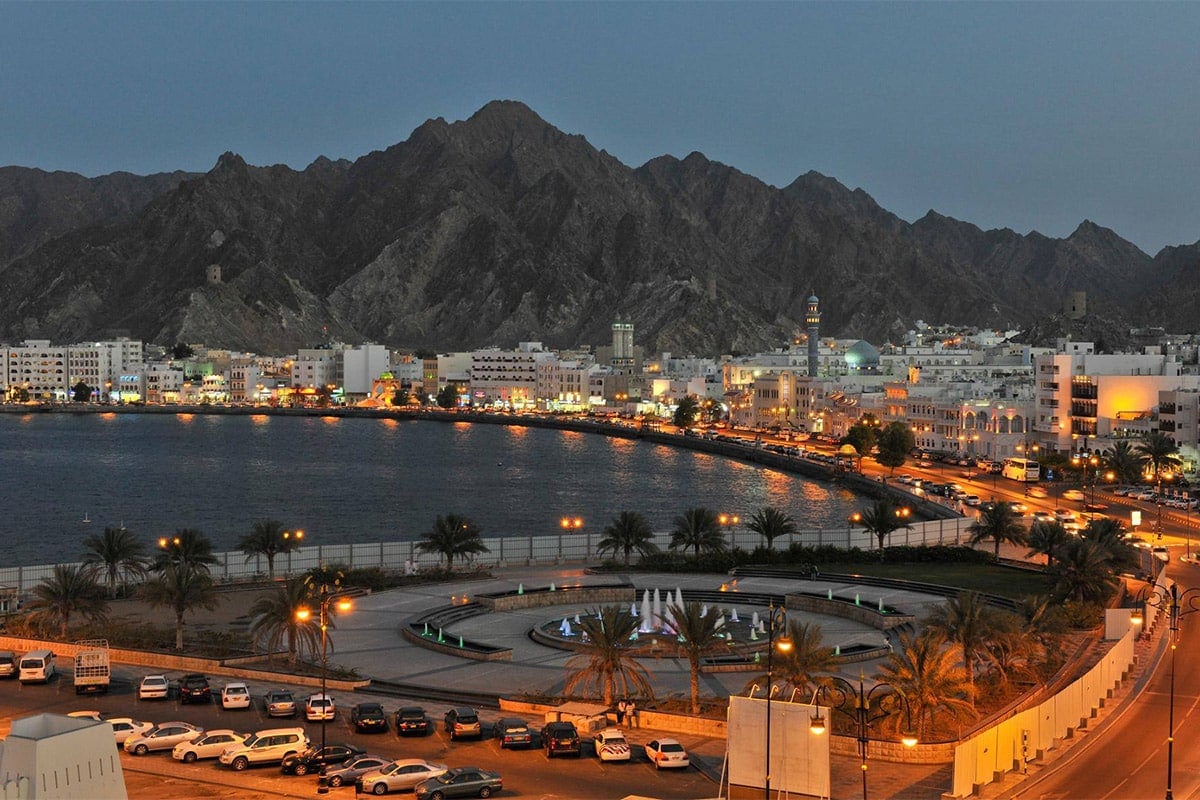
Oman’s industrial sector is rapidly evolving—backed by Vision 2040 and government incentives targeted at diversifying away from oil. An Industrial License unlocks access to dedicated zones (e.g., Sohar Industrial Estate, Salalah Free Zone), customs & tax benefits, and export-friendly infrastructure. Whether you’re aspiring to open a workshop, electronics assembly line, or full-scale factory, the right license establishes legitimacy, boosts investor confidence, and opens doors to cost-effective operations.
Oman tailors industrial licenses to suit project scale and environmental impact:
Light Industrial License: For low-impact operations like packaging, small workshops, light manufacturing
Medium Industrial License: For moderate-scale projects—assembly, furniture manufacturing, textiles
Heavy Industrial License: For chemical, cement, steel, machinery production—requiring major regulatory compliance
Specialized Industrial License: For technology-driven or high‑spec projects (e.g. pharma, electronics), often needing additional approvals
Selecting the correct category early is vital—a mismatch leads to rejection or delays.
You can apply as:
Individual (sole proprietor)
LLC (Limited Liability Company) — common for industrial ventures
SPC (Single Person Company) — simpler and allows full ownership
Branch of Foreign Company — if tied to overseas parent entity
Structure affects shareholder requirements, liability, and Omani employee hiring obligations—LLCs must hire at least one Omani within the first year, while SPCs may not
Be precise. You’ll need OSIC code classification and alignment with environmental regulations .
Decide if you’ll operate inside major industrial zones or mainland. Zones like Sohar or Salalah offer benefits but may restrict activity types.
Required documents include:
Trade name reservation
MOA / AOA (notarized and translated)
Feasibility study (recommended, especially for investment visa)
Environmental Impact Assessment (for medium/heavy projects)
Lease agreement, Civil Defence & Building Completion certificates
Insurance certificates and signage details if applicable
Submit through the Ministry of Commerce, Industry & Investment Promotion or the Public Establishment for Industrial Estates depending on zone. Attach all documentation.
Includes environmental clearance and site compliance if required. Zones typically conduct inspections.
Following approval, pay required fees. You’ll receive the Industrial License electronically or via official channels.
Register with Oman Tax Authority (tax card, VAT if applicable)
Secure Chamber of Commerce membership
Set up corporate bank account
Hire required Omani staff per Omanization rules
Finalize site arrangements and civil defense compliance
| Stage | Working Days |
|---|---|
| Activity Definition & Planning | 1–2 days |
| Trade Name Reservation | 1–2 |
| Document Drafting & Notarization | 3–5 |
| Application Submission & Review | 5–10 |
| Environmental Clearance & Inspection | 5–10 depending on project |
| Post-license setup & bank/account | Additional 5–15 |
Total estimate: ~2–6 weeks depending on business complexity, completeness of documents, and sector requirements.
Initially: OMR 100–300
Annual license: OMR 400 (≤5,000 sqm) or OMR 800 (>5,000 sqm) for industrial licenses via Public Authority for Industrial Estates
Environmental clearance: ~OMR 300–700 (setup in Oman says up to OMR 2,000–5,000 for heavy manufacturing)
Legalization, feasibility, translation: OMR 200–500
Consultancy / PRO: OMR 1,000–3,000
Industrial lease starts at approx OMR 5/sqm monthly; annual office or virtual address fees similar to commercial setups
Expect OMR 3,000–7,000 in total initial cost—covering license, environmental approval, lease, documentation, and professional services for a mid-sized facility
An industrial license isn’t just about compliance—it unlocks a wide array of benefits that can supercharge your business.
Oman’s Vision 2040 aims to diversify its economy beyond oil. This means the government is actively encouraging manufacturing and industrial ventures with grants, subsidies, and financing support—especially for sectors like food, pharmaceuticals, green energy, and logistics.
With an industrial license, your business can qualify for:
Duty-free import of machinery and raw materials
Industrial project loans from development banks
Preferential treatment in government tenders
Industrial companies operating in designated Free Zones like Duqm or Sohar enjoy tax holidays for up to 10 years, customs exemptions, and full repatriation of profits. Additionally, Oman’s corporate tax rate is just 15%, and many small businesses can benefit from the 3% SME tax bracket.
Industrial licenses also allow you to access VAT exemptions in certain cases, especially when exporting finished goods.
Oman is perfectly positioned between Asia, Africa, and the GCC. With world-class ports like Sohar, Salalah, and Duqm, you can manufacture in Oman and ship to three continents within days. The Sultanate’s free trade agreements with the U.S. and GCC further sweeten the deal.
An industrial license allows you to base your operations in one of these logistics powerhouses and benefit from rapid customs clearance and bonded warehouse solutions.
Foreign investors can hold 100% ownership of industrial businesses in Oman’s Free Zones, removing the need for local sponsors or partners. This provides full control and profit retention. It’s especially valuable for multinational corporations and expatriate entrepreneurs seeking long-term business continuity.
Before applying for an industrial license, you must select a suitable legal structure. Oman’s Ministry of Commerce and Industry recognizes several business formats, but not all are optimal for industrial ventures.
An LLC is the most commonly chosen structure for industrial businesses in Oman. It requires a minimum of two shareholders and limits personal liability to the capital invested. LLCs can operate in both mainland and Free Zones, and they are allowed to own land, hire staff, open bank accounts, and obtain investment licenses.
If you’re a foreigner looking to set up an industrial LLC in the mainland, you may need a local Omani partner unless your project qualifies under Oman’s full foreign ownership law. Most Free Zones, however, permit 100% foreign ownership under LLC.
LLCs must hire at least one Omani citizen in the first year and comply with ongoing Omanization quotas.
An SPC allows one individual—either Omani or foreign national—to own the entire company. It offers limited liability and simplifies ownership structure. However, SPCs are often limited to smaller-scale operations and might not be ideal for large industrial plants. Still, they’re a good option for small workshops or packaging units.
One caveat: not all industrial activities are approved under SPC. Consult with SetupInOman or a legal expert before registering.
Large international firms often choose to open a branch office in Oman under their parent company. This requires proof of overseas incorporation, board resolutions, and local registration. While branches enjoy full ownership, they are typically restricted to the activities permitted by the parent and require additional approvals for hiring and banking.
A branch setup is useful if you already have manufacturing operations globally and want to expand into Oman while keeping everything under one umbrella. It’s not as flexible as an LLC, but it carries significant brand credibility and regulatory ease in some cases.
For most industrial projects in Oman, your journey will begin with the Public Establishment for Industrial Estates (Madayn). This government entity is the cornerstone of Oman’s industrial development, managing and operating 12 industrial cities spread across the Sultanate. Madayn provides investors with fully-equipped land, robust infrastructure, and a streamlined “one-stop-shop” service model.
Land Lease and Fees:
Long-Term Security: Madayn provides land lease agreements for up to 30 years, which are renewable for a further 30 years. This long-term security is a major advantage for capital-intensive industrial projects.
Highly Competitive Rates: To reduce upfront capital expenditure, Madayn offers an exceptionally low rental value of just OMR 1 per square meter annually for the first five years for industrial use.
Industrial License Fees: The annual fees for the industrial license itself are structured based on the size of the leased area:
For an area up to 5,000 square meters: OMR 400 annually.
For an area of 5,001 square meters and above: OMR 800 annually.
Each of Madayn’s industrial cities is strategically located to serve specific sectors:
Rusayl Industrial City: Located near Muscat International Airport, it’s a hub for light to medium industries like food processing, plastics, and IT.
Sohar Industrial City: Situated next to the deep-sea Sohar Port, it is a powerhouse for heavy industries, including petrochemicals, metal fabrication, and minerals processing.
Al Buraimi Industrial City: Strategically placed on the border with the UAE, it serves as a logistical hub for trade and cross-border manufacturing.
Oman’s government provides significant financial backing to support industrial projects, which can dramatically enhance a project’s return on investment.
Direct Government Incentives: In 2025, the Public Authority for Special Economic Zones and Free Zones (OPAZ), which now oversees both SEZs and Madayn, approved a series of powerful investor incentives. For new projects in certain industrial cities (e.g., Ibri, Sur, and Mahas), investors can benefit from a 50% reduction in rental fees for five years. In other cases, a 100% rental exemption is available for the first two years, followed by a 50% reduction for the next three years.
The Role of the Oman Development Bank (ODB): The ODB is a key financial institution dedicated to supporting Oman’s economic diversification. In 2024, the bank provided over OMR 91 million in loans to more than 1,300 industrial projects. This financing is specifically targeted at industries that contribute to national self-sufficiency, export-oriented growth, and the localization of manufacturing, particularly in sectors like food production, pharmaceuticals, and metal fabrication. The ODB offers project financing at competitive rates, positioning itself as a vital partner for industrial ventures.
Oman is committed to sustainable development, balancing economic growth with environmental protection. For any industrial project, a critical step is securing an Environmental Permit from the Environment Authority (EA).
The Environmental Impact Assessment (EIA): This is a mandatory and non-negotiable step for most industrial projects. The EIA is a comprehensive study that outlines a project’s potential environmental impacts and proposes mitigation measures.
The Process: You must hire an EA-registered environmental consultancy to conduct the study. This report, along with your project documents, is submitted to the EA for review. The EA may conduct a site visit to verify your plans before issuing the permit.
Permit Categories: The EA classifies activities into categories (e.g., Class A, B, and C) based on their potential environmental impact. Fees and the review process vary accordingly. For example, a Class A permit, which is for activities with a significant environmental impact, costs OMR 1,500.
Validity and Compliance: Permits are typically valid for three years and are renewable. Non-compliance can lead to severe penalties, including fines, operational shutdowns, or legal action. Proactive environmental compliance not only ensures business continuity but also improves your brand’s reputation and can lead to cost savings through sustainable practices.




Oman’s labor policies are designed to create employment opportunities for its citizens, a policy known as “Omanisation.” All companies are required to comply with these regulations.
Omanisation Quotas:
Quotas are not a one-size-fits-all rule. They are sector-specific and often tied to specific job roles and company size. For example, some sectors have a target of around 21% Omanisation. The Ministry of Labour regularly updates these targets, so it is crucial for industrial companies to stay informed.
The government provides support and incentives for hiring Omani nationals, including training programs and wage support initiatives, making it a viable and beneficial strategy for your business.
Expatriate Work Visas: For your foreign workforce, the process is streamlined.
Work Permit: The employer must first obtain a labor license from the Ministry of Labour.
Visa Application: Once the labor license is secured, the employer applies for a work visa for the employee through the Royal Oman Police (ROP) and the “Invest Easy” portal. The visa is typically valid for two years.
Required Documents: The visa application requires a valid passport, recent photographs, a medical certificate (for specific nationalities), and proof of the employee’s educational and professional qualifications.
Key Change: A significant change in recent years has been the removal of the need for an NOC (No Objection Certificate) for an employee to change jobs after their contract is completed, which makes the labor market more flexible and attractive to talent.
A key decision for any industrial investor is choosing between a traditional industrial city (Madayn) and a Special Economic Zone (SEZ) or Free Zone. While OPAZ now supervises both, they offer distinct advantages.
Feature | Madayn Industrial Cities | Special Economic Zones (SEZs) |
Locations | Widespread (Sohar, Rusayl, Nizwa, etc.) | Strategic, concentrated hubs (Duqm, Salalah, Sohar Free Zone) |
Key Purpose | To support general industrial activities and economic development across the country. | To attract large-scale, strategic, and export-oriented projects. |
Foreign Ownership | 100% foreign ownership in most sectors. | 100% foreign ownership in all sectors, with no local partnership required. |
Tax Incentives | Exemption from tax on net profit for five years. | Corporate tax exemption for up to 30 years, renewable. |
Customs Duties | Exemption from customs duties on production inputs. | Full customs duty exemptions for imports and re-exports. |
Legal Framework | Governed by Omani commercial law. | Operate under a separate, more flexible regulatory framework. |
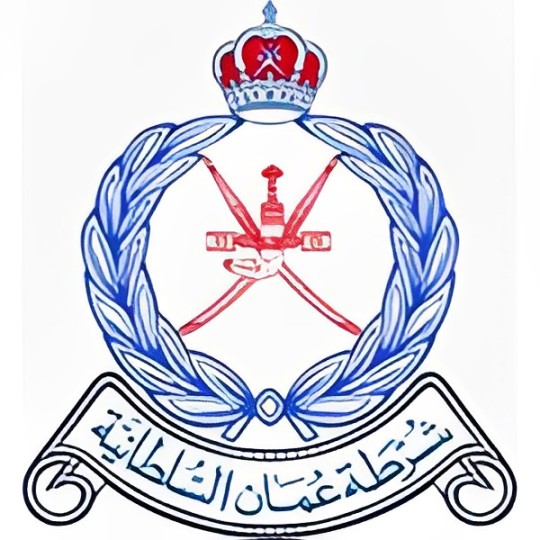
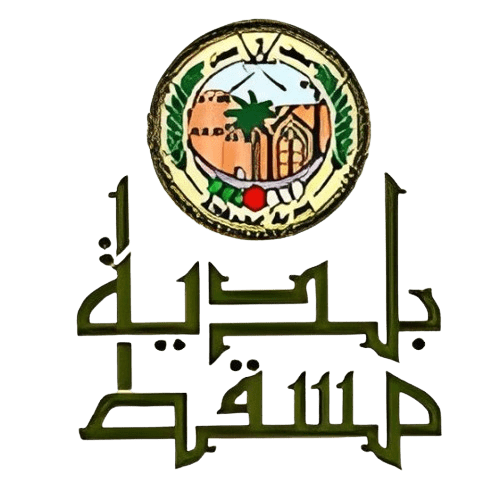
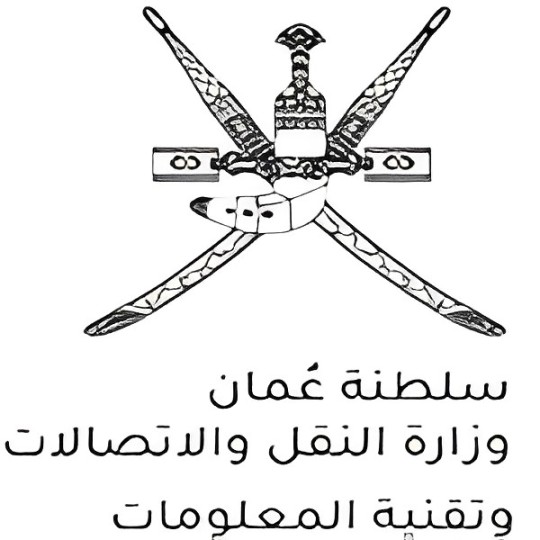

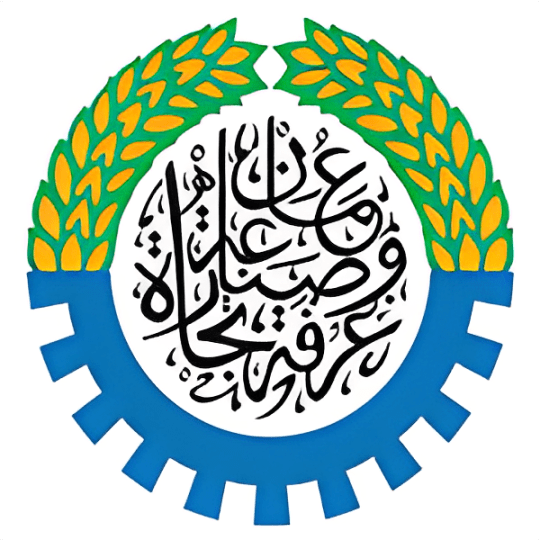
Setup in Oman is your dedicated partner, providing end-to-end support that covers every step of the process.
Fill out our quick and easy contact form below. Briefly tell us about your vision and goals, and we’ll be in touch shortly to discuss a personalized plan for your success.
Al-Khuwair, Muscat, Sultanate of Oman